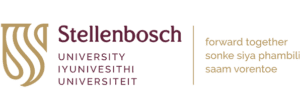SADiLaR kicks off its language resources audit to support multilingualism in SA higher education
Author – Natalie Simon “Language continues to be a barrier to access and success for many students at South African higher education institutions,” notes the the







